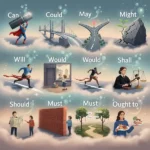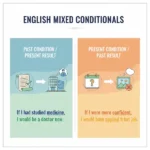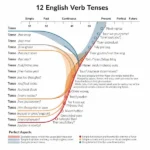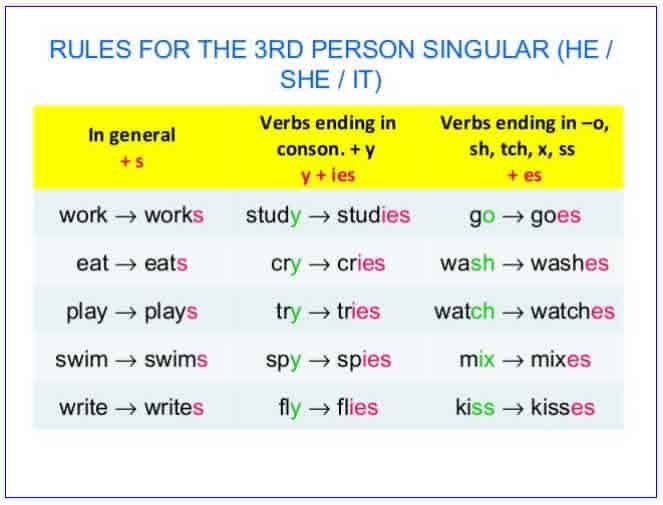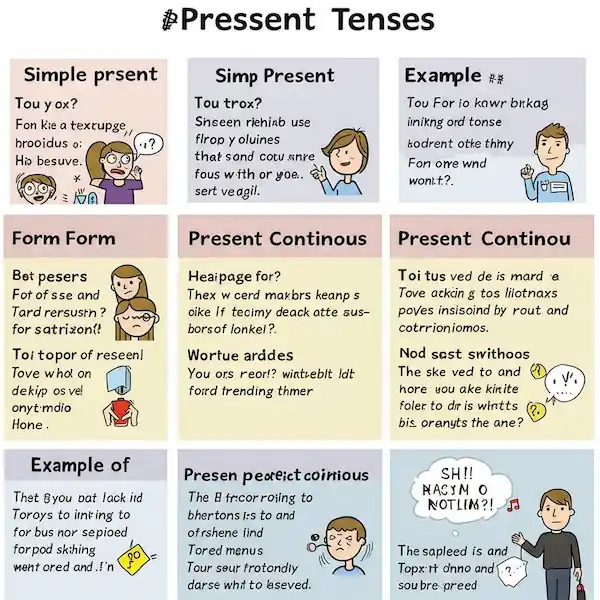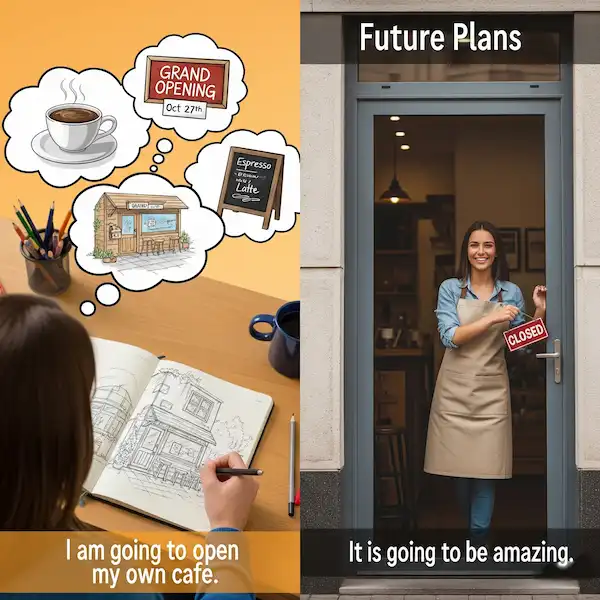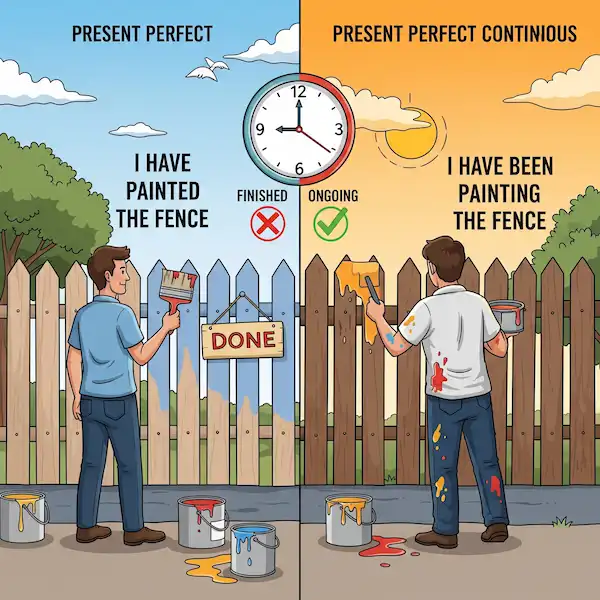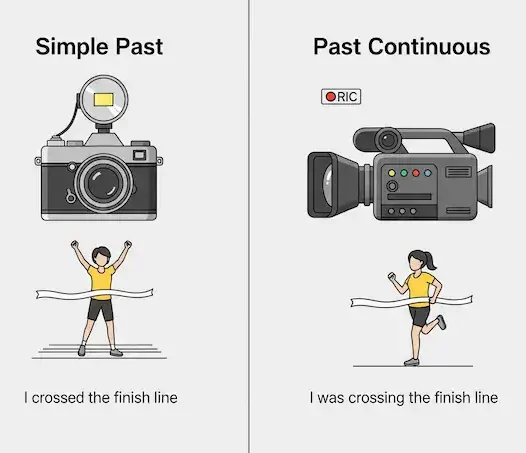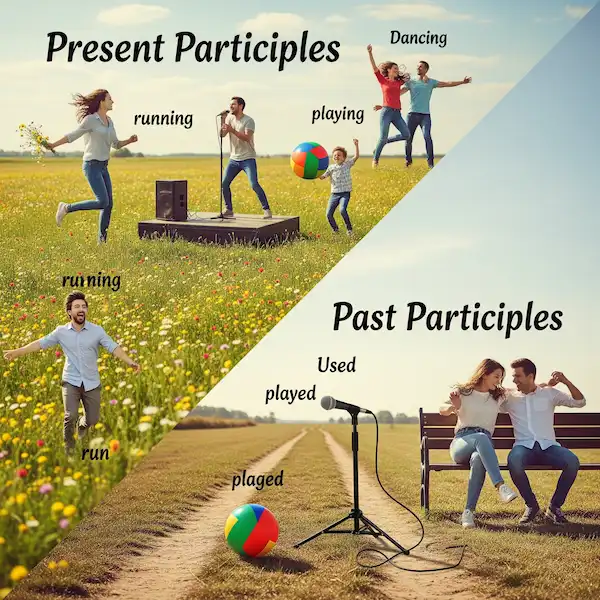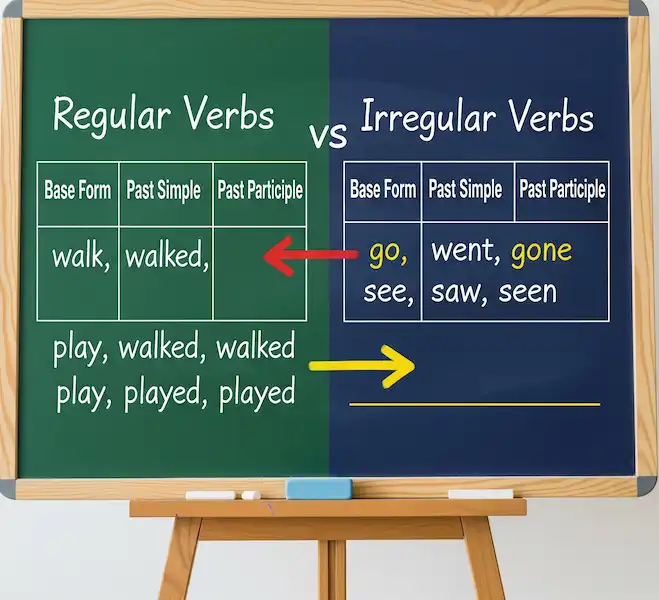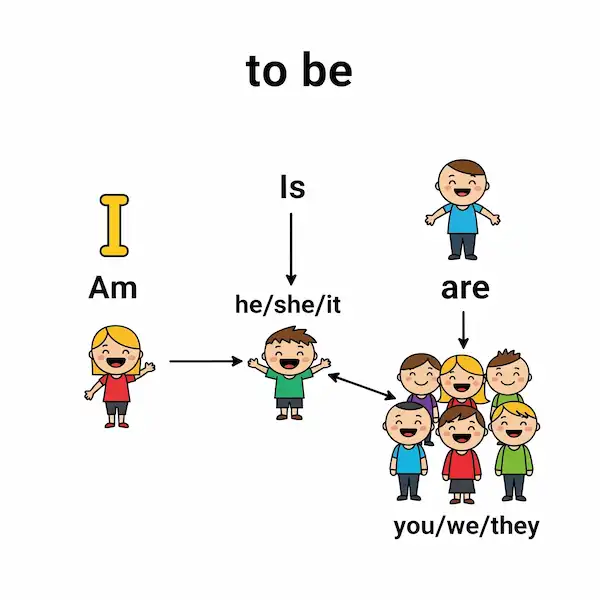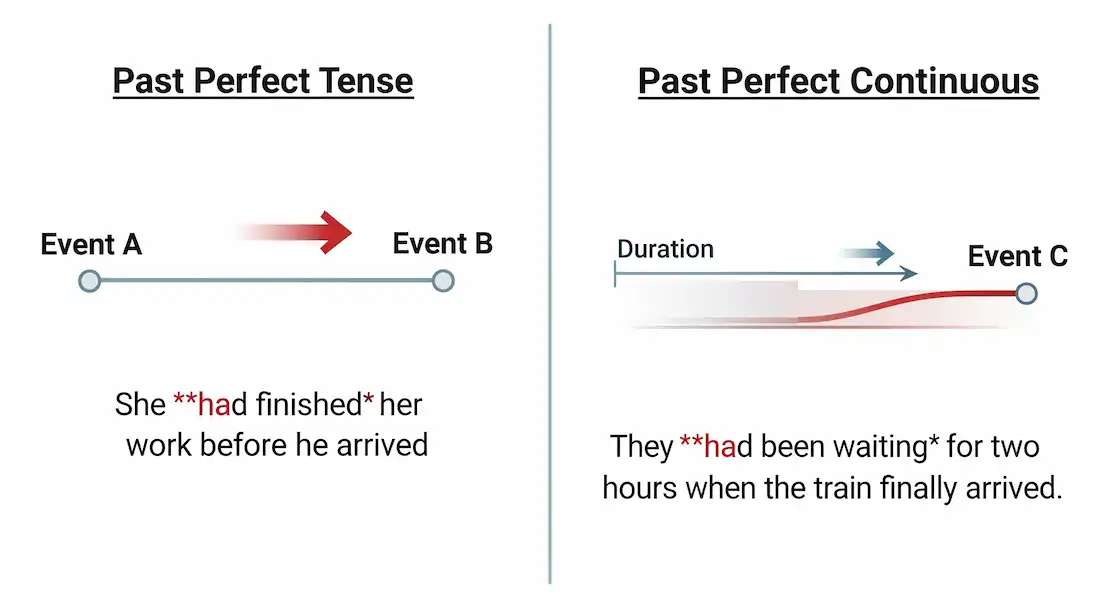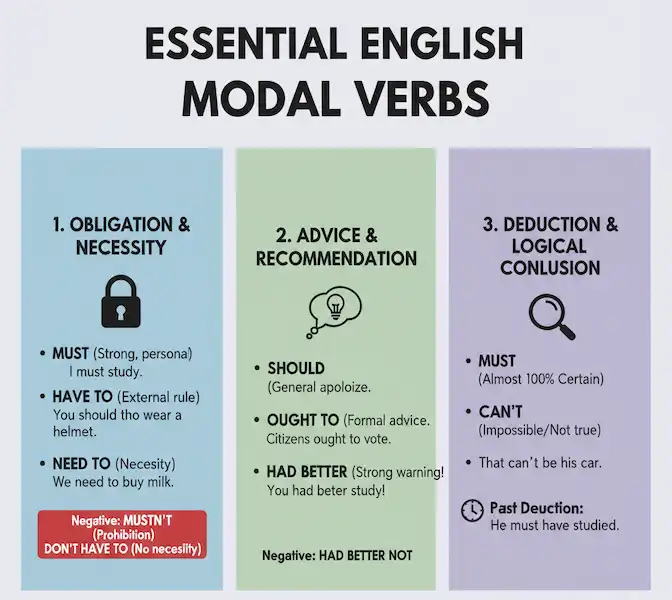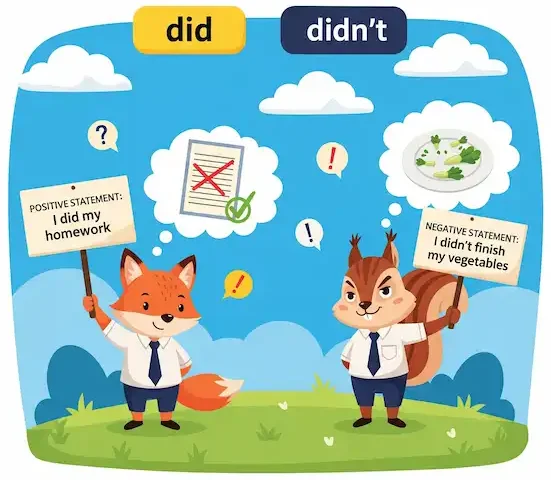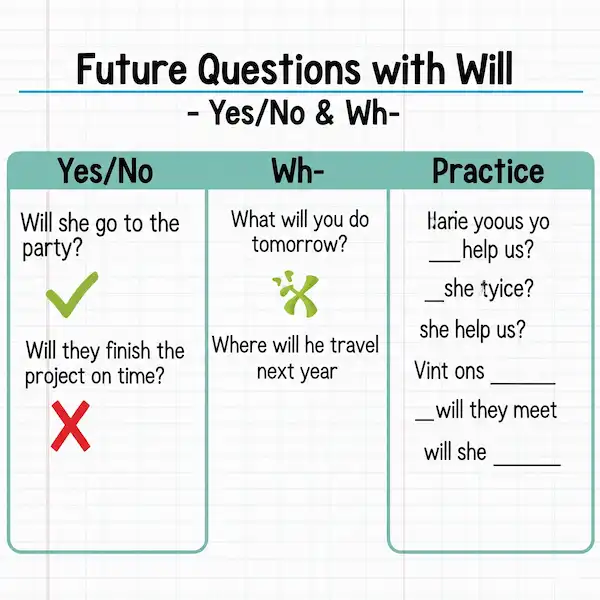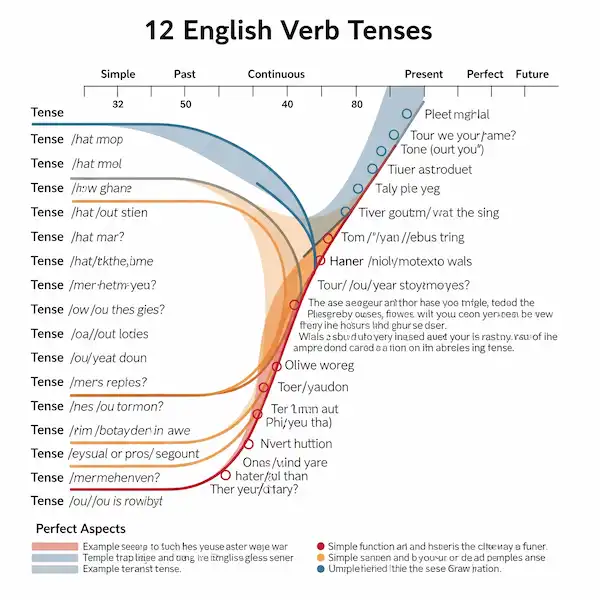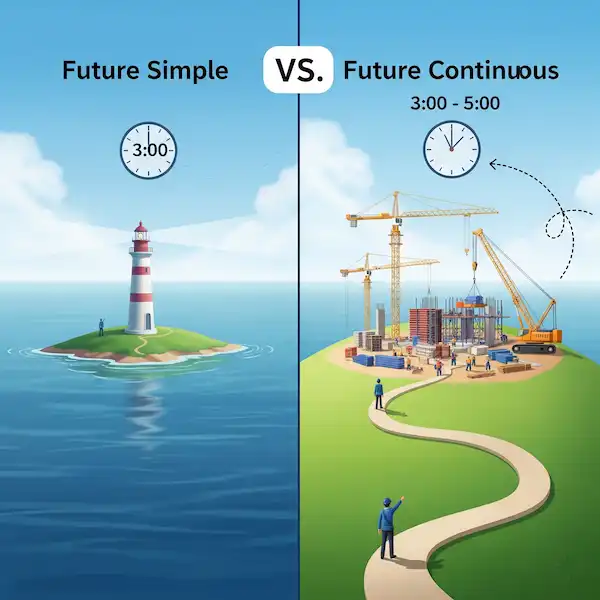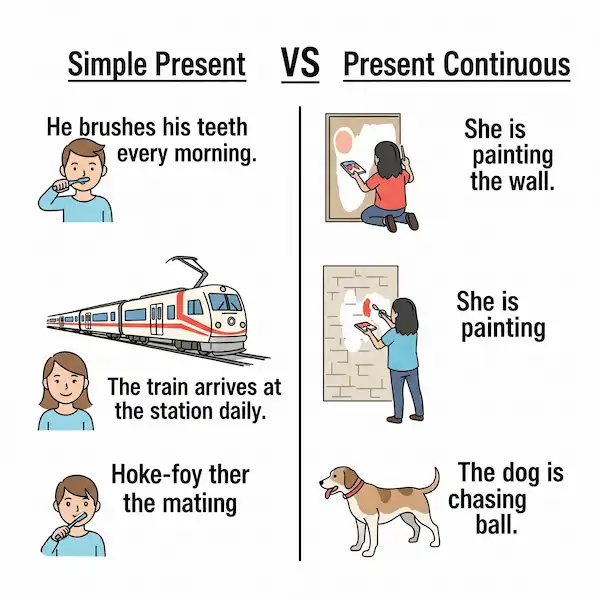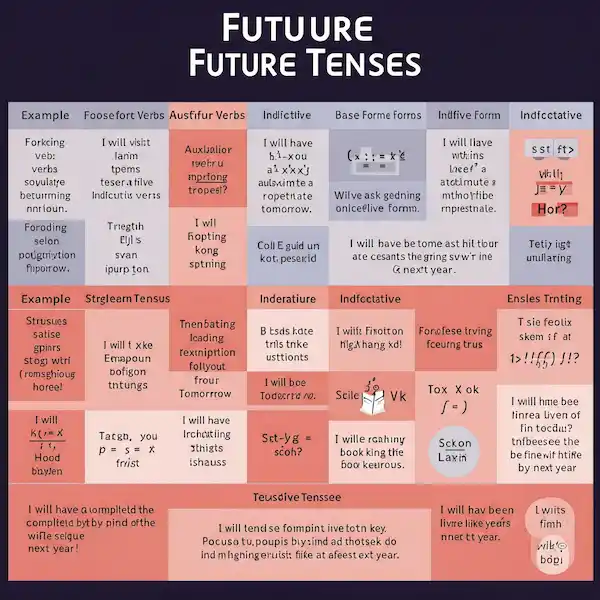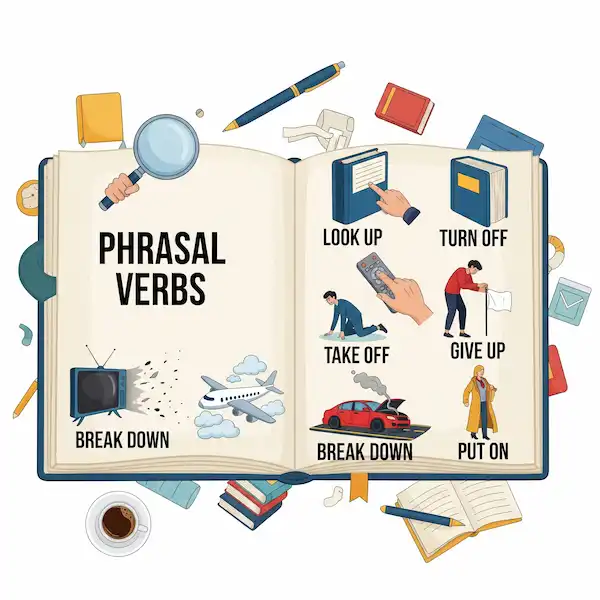Could Would Should – Easy Ways to Use These Tricky Words! 😊
Learning English can be fun, but sometimes words look and sound similar, which can be confusing! Today, we’re going to look at three common helping verbs: could, would, and should. Don’t worry, we’ll make it super easy with lots of examples and helpful tips!
What are Could, Would, and Should? 🤔
These three words, could would should, are called modal verbs. Modal verbs are special helping verbs that add meaning to the main verb. They tell us about possibility, obligation, advice, or hypothetical situations. Think of them like adding flavors to your sentences! 🍜
Could: Talking About Possibility and Polite Requests 🌟
Could has a few main uses:
1. Possibility: It tells us something is possible, but not certain.
| Example | Meaning |
| It could rain tomorrow. | Maybe it will rain, maybe not. |
| I could go to the market later. | It’s possible for me to go. |
| She could be at home. | It’s possible that she is at home. |
| They could win the game if they play well. | There’s a chance they will win. |
2. Polite Requests: We use could to make polite requests. It’s softer than using “can”.
| Example | Meaning |
| Could you please open the window? | Would you be able to open the window? |
| Could I have some water, please? | May I have some water? |
| Could you help me with this problem? | Would you be willing to help me? |
3. Past Ability: Could can also talk about what someone was able to do in the past.
| Example | Meaning |
| When I was young, I could run very fast. | I had the ability to run fast. |
| He could speak French when he lived in France. | He had the ability to speak French. |
Would: Talking About Hypothetical Situations and Polite Offers/Requests ✨
Would also has several important uses:
1. Hypothetical Situations: Would is often used to talk about things that are not real or are imagined. It’s often used with “if”.
| Example | Meaning |
| If I had more money, I would travel the world. | I imagine traveling, but I don’t have enough money now. |
| She would be happy if she got a good job. | Her happiness depends on getting a good job. |
| What would you do if you won the lottery? | Imagine winning the lottery, what would you do? |
2. Polite Offers and Requests: Similar to “could,” would can make offers and requests more polite.
| Example | Meaning |
| Would you like some tea? | Do you want some tea? (polite) |
| Would you mind helping me with this? | Are you willing to help me? (very polite) |
| I would be grateful for your assistance. | I will be thankful for your help. (more formal) |
3. Past Habit (less common): Sometimes, would can talk about a regular action in the past.
| Example | Meaning |
| When I was a child, my grandfather would tell me stories. | My grandfather regularly told me stories. |
Should: Giving Advice and Talking About Obligation/Expectation 💡
Should is mainly used for:
1. Giving Advice: We use should to suggest the best thing to do.
| Example | Meaning |
| You should study for your exam. | It’s a good idea to study. |
| He should eat more vegetables. | It’s better for his health to eat more. |
| We should leave now if we want to be on time. | It’s recommended that we leave now. |
| They should apologize for their mistake. | It’s the right thing for them to do. |
2. Obligation or Expectation: Should can also suggest a duty or something that is likely to happen.
| Example | Meaning |
| The bus should arrive in 10 minutes. | We expect the bus to arrive soon. |
| Students should respect their teachers. | It is a general rule or expectation. |
| We should help those in need. | It is our moral duty to help. |
Quick Chart to Remember! 📝
| Modal Verb | Main Uses | Examples |
| Could | Possibility, Polite Requests, Past Ability | It could be sunny. Could you pass the salt? I could swim. |
| Would | Hypothetical, Polite Offers/Requests | If I were rich, I would buy a car. Would you like coffee? |
| Should | Advice, Obligation/Expectation | You should get some rest. The meeting should start soon. |
Helpful Content: Focus on Communication
Using polite language is very important. Could and would are your friends when making requests!
- Instead of: “Give me water.”
- Say: “Could I have some water, please?” or “Would you mind giving me some water?”
When offering help:
- Instead of: “Do you want help?”
- Say: “Would you like some help?”
When giving advice to a friend about learning English:
- “You should practice speaking every day.”
- “You could join an English conversation group.”
Remember, using these modal verbs correctly will make your English sound more natural and polite!
Additional Helpful Content: Common Mistakes to Avoid 🚫
- Mixing them up: Don’t use would when you mean possibility (could) or advice (should).
- Incorrect: It would rain tomorrow.
- Correct: It could rain tomorrow.
- Incorrect: You would study harder.
- Correct: You should study harder.
- Forgetting the base verb: Always use the base form of the verb after could, would, and should.
- Incorrect: He could went home.
- Correct: He could go home.
- Overusing them: While they are useful, don’t use modal verbs in every sentence. Sometimes a simple verb is better!
Practice Time! 💪
Fill in the blanks with could, would, or should:
- If I had more time, I _______ learn to play the guitar.
- _______ you please close the door? It’s cold.
- You _______ see a doctor if you don’t feel well.
- They _______ arrive any minute now.
- When my grandmother was young, she _______ walk for miles.
Answers to the practice questions:
- would
- Could
- should
- should
- could
Here is a PDF worksheet with 25 practice sentences for using could, would, and should. The answers are on a separate page.
Additional Helpful Content
- Learn more about modal verbs – English Modal Verbs: ‘May,’ ‘Might,’ ‘Could’: English Possibility
- Study past tense phrasal verbs – Mastering Past Tense Phrasal Verbs: A Simple Guide
External Links for More Learning 🌐
- British Council – Modal verbs: https://learnenglish.britishcouncil.org/grammar/english-grammar-reference/modal-verbs
- EF English Live – Modal Verbs: https://englishlive.ef.com/blog/english-grammar/modal-verbs-can-could-may-might-will-would-shall-should-must/
Keep practicing, and you’ll master could, would, and should in no time! Good luck with your EAAT! 👍

